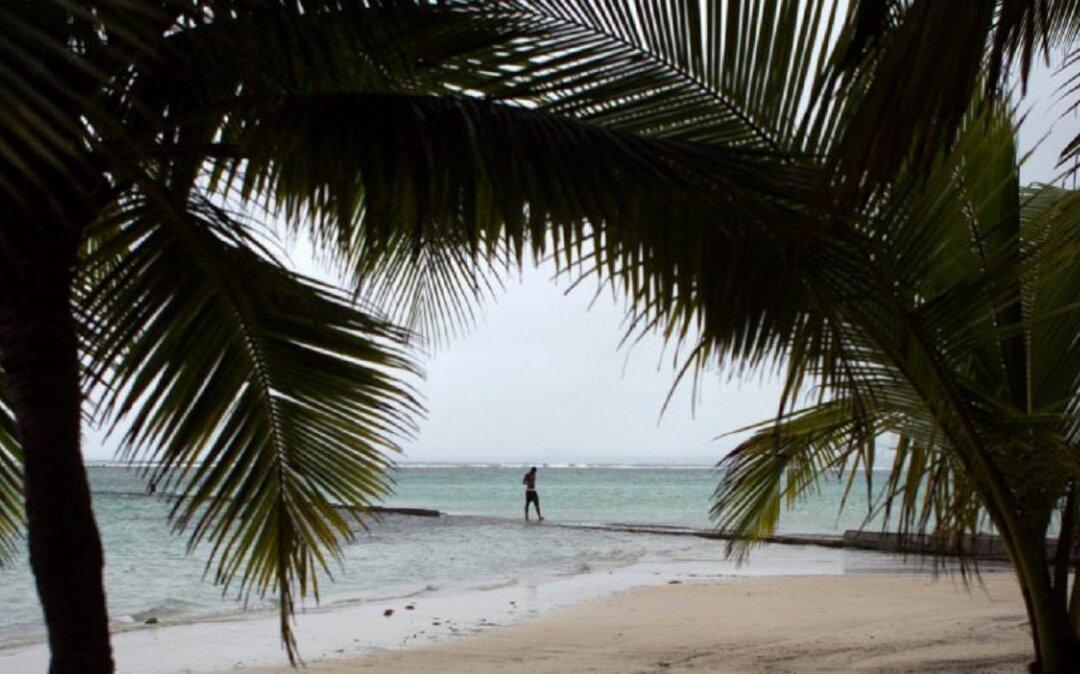The U.S. Department of State issued a recent travel warning for U.S. citizens traveling between the Dominican Republic and Haiti, after a border closure was announced last week.
The closure means that U.S. citizens “planning to depart Haiti for the Dominican Republic on or after September 14 will not have the ability to do so, and will need to make alternate arrangements,” the U.S. Embassy said in a “security alert.” It warned that the embassy, meanwhile, “is not able to facilitate entry into the Dominican Republic through a closed border crossing.”





